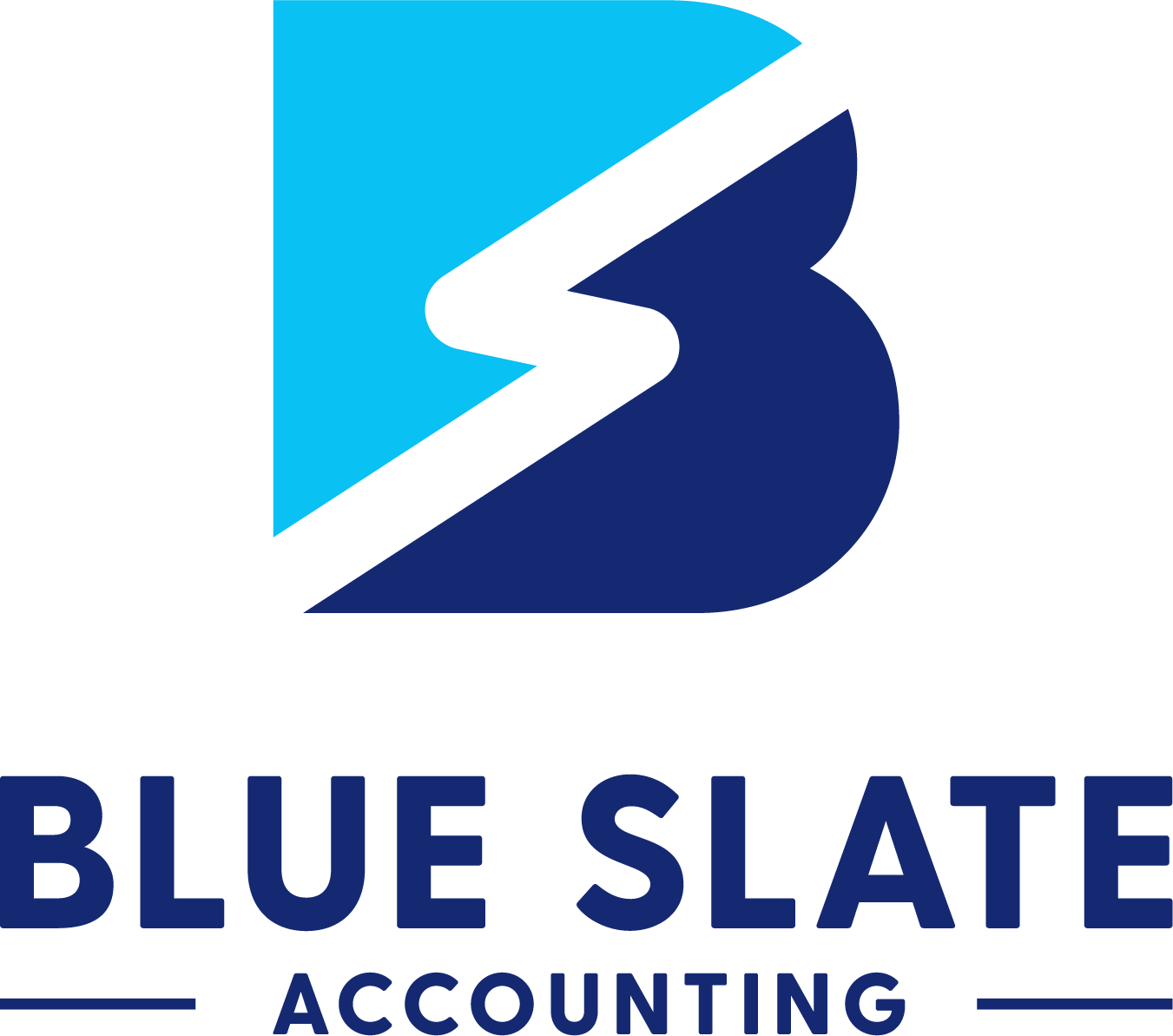Self-Employed Tax Perks You Need to Be Aware of
“Here’s what I wish I’d known before launching a business.”
There’s been countless books, podcasts, and articles with this title or variations of it.
When it comes to taxes, being in the know literally pays off. That’s why we want to share what you can expect as a self-employed individual.
To help you avoid ever having to utter the above statement.
Read on for benefits even beyond prospective profits for your startup venture.
Determining if You Are Responsible for a Self-Employed Tax
There’s a necessary step to cover before discussing your self-employed tax status. Whether your activity is a business or hobby.
Stay with us here, we promise that it’s worthwhile. And it can save you from unnecessary headaches.
Now, you may have your own thoughts. But from a legal perspective, it’s good to be certain.
Because some hobbies generate revenue, making the distinction is your first order of business. The best definition comes from a 1987 ruling made by the highest court in our land.
- According to the U.S. Supreme Court, “the taxpayers primary purpose for engaging in the activity must be for income or profit. A sporadic activity, a hobby, or an amusement diversion does not qualify.”
In the eyes of the IRS there’s another litmus test for cementing if you’re for profit. If at least 3 of 5 consecutive years ending with the current tax year yielded more revenue than deductions, it’s a business.
But the best way to finalize the answer is talking it over with an expert tax professional. Investing in their knowledge will remove any doubt you may have about whether or not your operation meets the definition.
Do My Real Estate Holdings Qualify for Business Status?
Some entrepreneurs include properties in their investment portfolio. But qualifying it for tax deductions isn’t as clear cut.
It deals with the IRS definition of partnerships.
Should you and a co-landlord or apartment owner provide services to tenants, it constitutes a partnership. That would mean you split the costs of repairs and maintenance.
But not if you and a friend go in on a property simply to share expenses. It’d be nice if it was, but the government views it differently.
For the latter case, each of you would report your portion of expenses as a hobby or investment.
This example shows that your situation may include nuances that appear confusing on the surface. However, there’s always an answer if you connect with the right expert advice.
Another example of a partnership would be creating a Limited Liability Company (LLC) to flip houses. For this specific endeavor, making it official with an LLC does provide tax savings.
Hopefully now you have the answer for your particular case. Moving on, let’s get to the benefits that kept you reading up this point.
Self-Employed Tax Benefits
People don’t go into business for the self-employed tax write offs. But they enjoy the fruits after learning about them.
It can be encouraging to know that your first small business is supported. Help from any source is most welcome during those early years.
Deductions:
- Startup costs
- Home office
- Advertising
- Education
- Business insurance
- Internet
- Phone
The year you launch the business typically incurs the most costs. You’re able to deduct software fees and much more. Take advantage of this break during your startup stage.
Working from home, you’re also able to deduct a portion of utility, internet, rent, and cell phone bills. With a fully online business, assistance to balance your extra output is nice.
One way to calculate the home office expense is to measure the square footage of your dedicated space. If it’s 10% of your total square footage, you can deduct 10% of each aforementioned bill.
Some examples of advertising might be a website build or business cards. These are in addition to the traditional online and print ads.
Lifelong learning normally marks an entrepreneur like yourself. Take note of expenses for online or in-person courses. They are deductible as well.
Talk with a tax professional to learn about additional write-offs.
And one more item we’d like to share. You can deduct half of your self-employment tax from net income when you file. A small but valuable win!
Reasons for Self-employed Tax Help
Raise your hand if you stay on top of emerging tax regulations.
Since we can’t see you, we’ll just assume your hand didn’t move. And you’d be like most self-employed individuals.
There is a solution which we’ve alluded to earlier. Hiring someone who studies up on the ever-changing “rules.”
Where a
tax professional shines:
- Stays up on tax regulations at the federal, state, and local level
- Works to decrease any penalties you may be responsible for
- Ensures you’re receiving every possible benefit of running your business
- Reduces errors to prevent a need for tax resolution
- Deep understanding of the IRS tax code
Organizing 1099s and Schedule Cs can be tedious. More so when you hire independent contractors and have to send them out.
As your business grows, so will overall responsibilities. Client work, pitching prospects, and dozens of other tasks.
Your time is better suited for the above. Not handling the non-revenue generating tax side of your operation.
When you want to be compliant and decrease your tax burden, outsource to a professional. It’s really never too early to delegate.
And to wrap up, we’ll show how that handoff just got smoother.
Blue Slate Accounting Tax Services Company
Something is missing from the accounting field.
A human approach to personalized tax services. Pittsburgh, PA is our home, but we’ve worked with businesses and individuals across this great nation.
Whether that’s aiding their successful filing or dealing with an IRS audit.
Our small, but dedicated team of certified tax professionals and an IRS Enrolled Agent assist with:
- Federal, state, and local taxes
- Navigating tax regulations
- Increasing money you’re legally entitled to
- Limiting any tax burden
- Quarterly filings
We can clean up the debacle of that unorganized box of tax documents. For a monthly fee, we can counsel you on deductions and breaks to use next time.
Your return will be double-checked by hand for ultimate accuracy. Because we strive for excellence just like you do.
Offload your tax self-employed tax needs today. And
take the first step towards reclaiming your joy and happiness!










